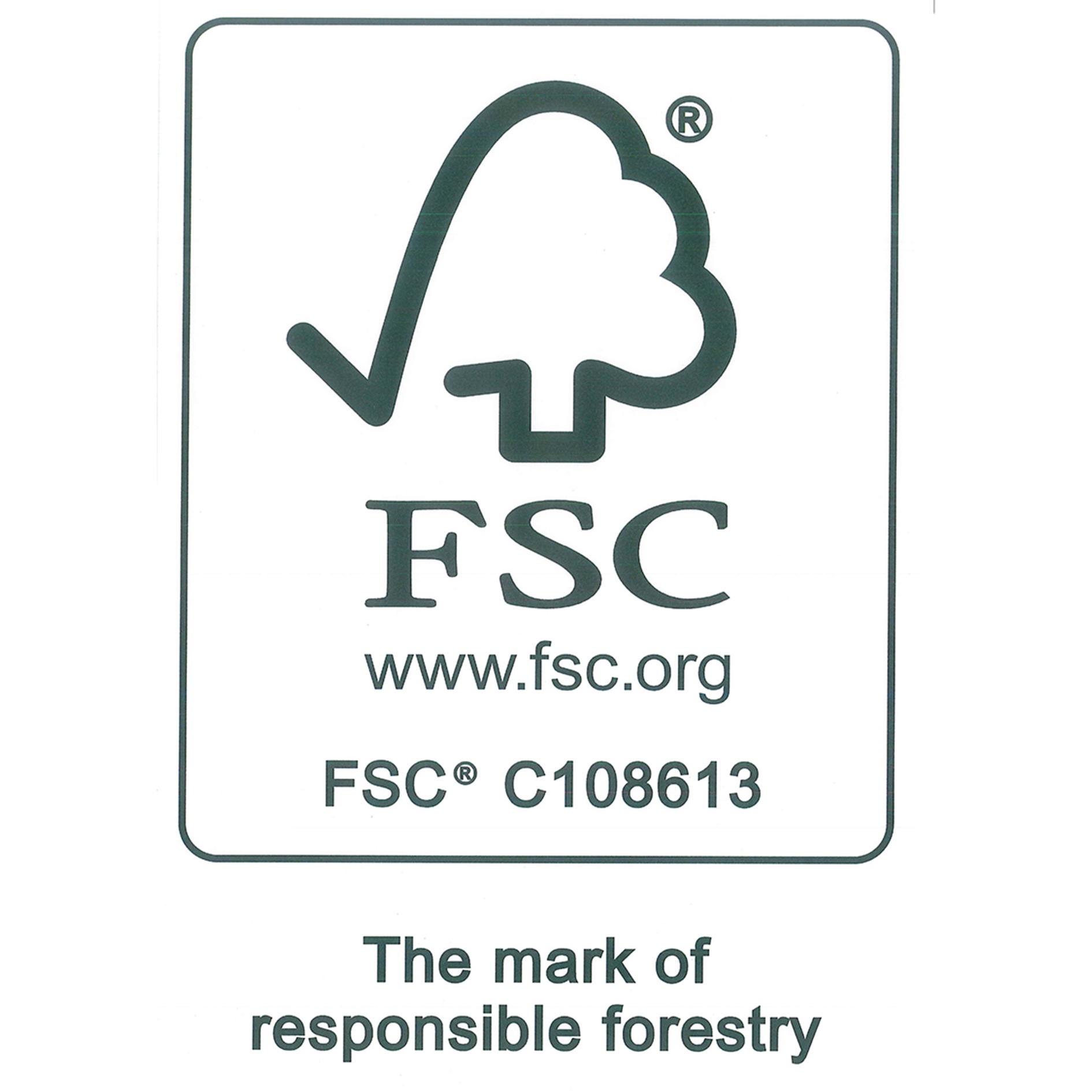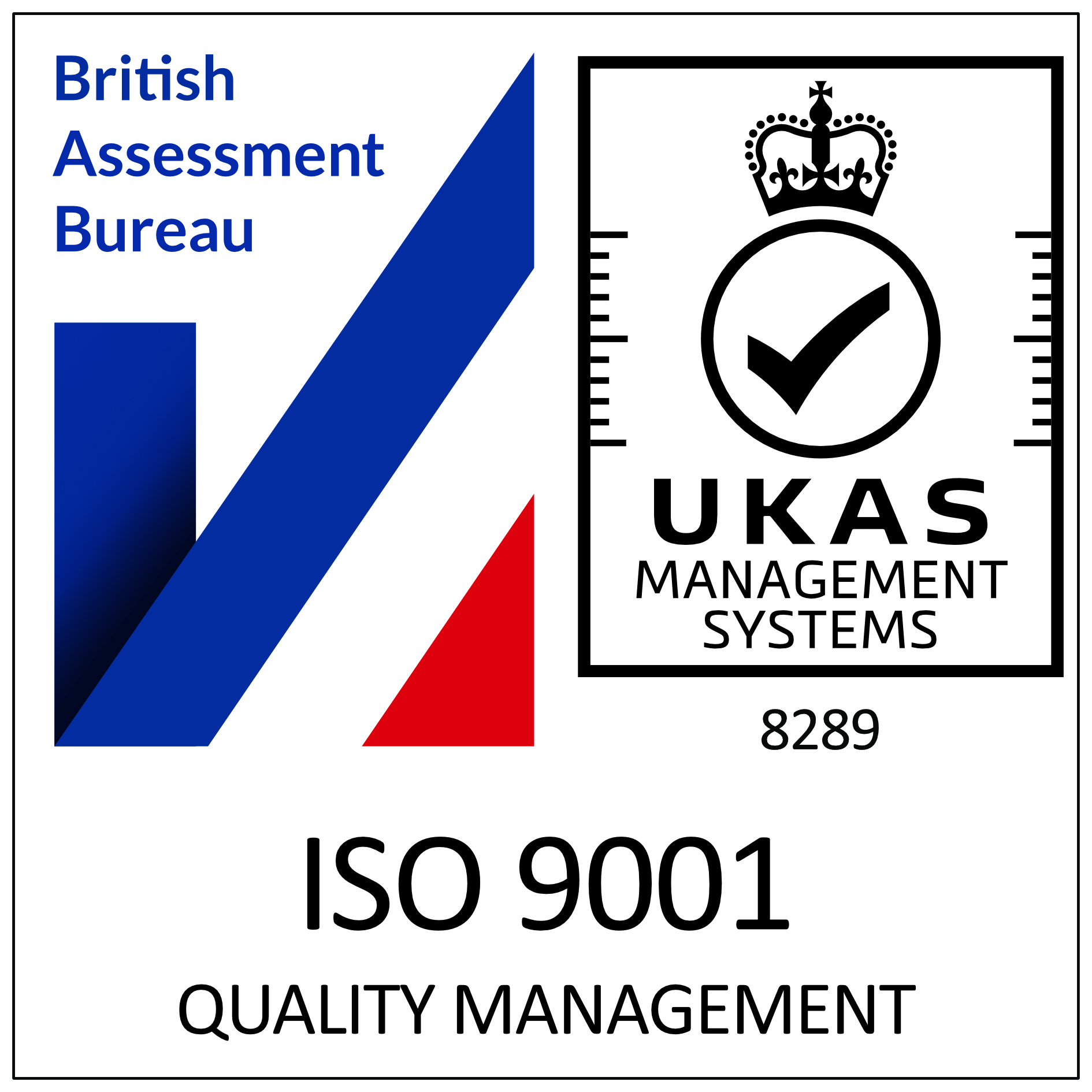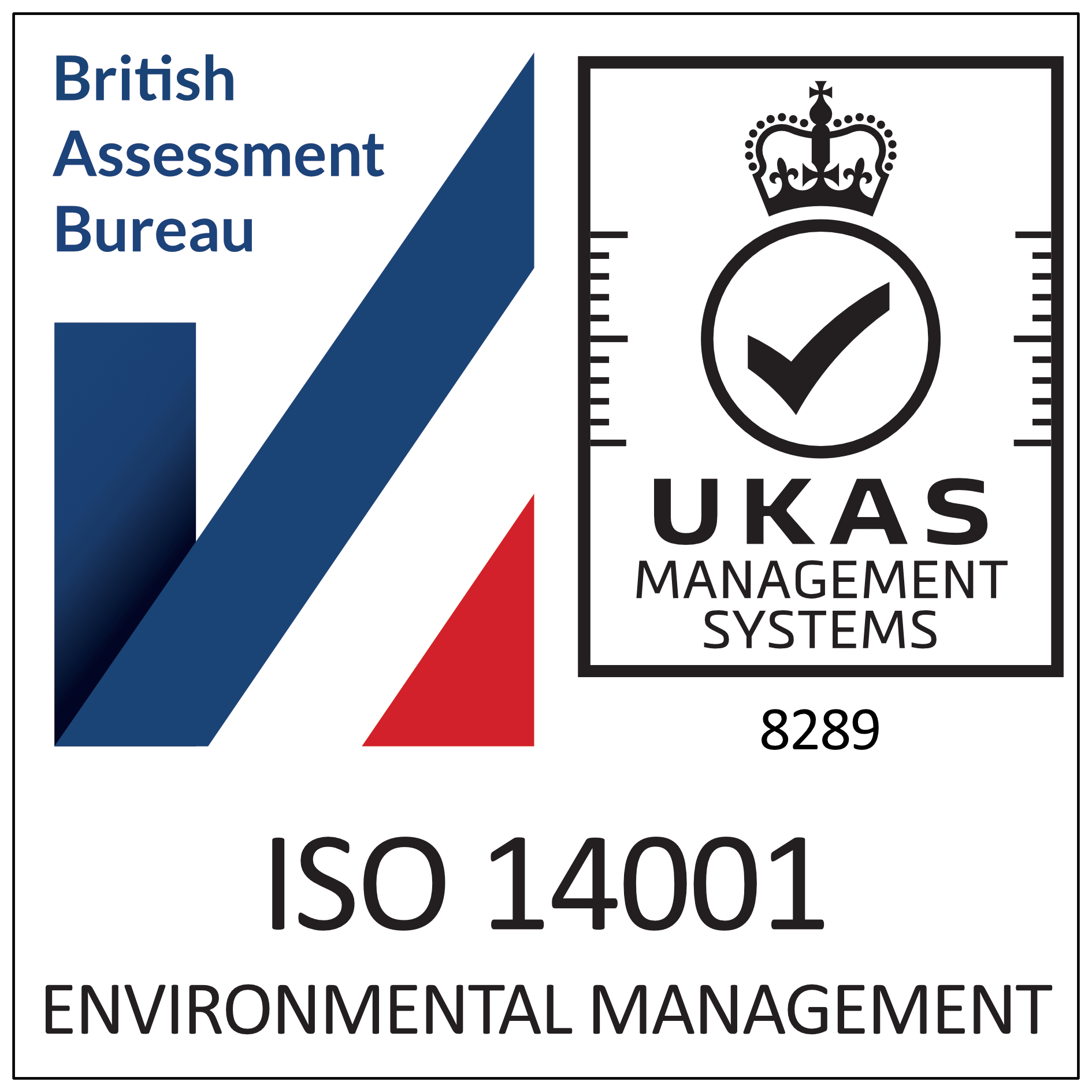Very little new about Fire Resistant Doors
Well, this is our 50th article in the current series, and to celebrate we thought we’d go slightly off piste again – which we do very occasionally – and instead of telling you more about fire resistant doors we thought we’d tell you some interesting facts about fire itself (without which we wouldn’t need resistant doors and civilisation would probably have developed quite differently).
So here goes and we hope that you find them interesting:
13 interesting facts about fires
- Scientists believe that humans began using fire in a controlled way around 1 million years ago – this made it possible not just to cook food, thus increasing the variety and availability of nutrients, but to keep warm, enabling people to live in colder climates, and also to keep predators at bay
- A candle flame typically burns at around 1000 degrees Celsius
- No one knows who invented the fire hydrant, because its patent was destroyed in a fire (this is one of my favourites!)
- A natural gas vent in Iraq known as The Eternal Fire has been burning continuously for over 4,000 years, and it has been mentioned by Herodotus, Plutarch, and in the Old Testament’s Book of Daniel
- Ray Bradbury originally titled his famous anti-war book Fahrenheit 451 as “The Fireman”, but he and the editors found the name boring, so they called a local fire station and asked at what temperature book paper burnt at. The firemen put Bradbury on hold, burnt a book, and reported that it burnt at “Fahrenheit 451”
- Fire is faster than generally thought – it takes less than thirty seconds for a fire to become very difficult to control
- On 13th August, 2012 scientists at CERN’s Large Hadron Collider in Geneva, announced that they had achieved the highest man-made temperature of over 5 trillion degrees Kelvin, more than 300,000 times hotter than the centre of the Sun!
- In the Great Fire of London in 1666, 80% of the city was burnt down, but amazingly only 6 people were injured! It burned out of control for 5 days, destroyed 13,000 homes and 87 churches, and thankfully ended the bubonic plague epidemic (that had killed 65,000 people) as the rats and fleas that carried Yersinia pestis, the plague-causing bacterium, perished
- More people die from smoke inhalation than from flames. Fire can suck all of the oxygen from a room and fill it with poisonous smoke and gases before flames even reach the room! Many times people die from lack of oxygen before the fire reaches them. Assuming stable fuel, heat, and oxygen levels, a typical house fire will double in size every minute … sobering facts indeed!
- Earth is the only known planet where fire can burn. Everywhere else (that we know of, anyway), there is not enough oxygen
- Spontaneous combustion is real. Some fuel sources can generate their own heat—by rotting, for instance. Pistachios have so much natural oil and are so prone to heat-generating fat decomposition that the International Maritime Dangerous Goods Code regards them as dangerous! (And anyone who has ever read Dickens’s marvellous novel Bleak House will remember what happened to the horrible character Krook, who smelt of brimstone!)
- The Black Dragon Fire of 1987, the largest wildfire in modern times, burned some 20 million acres across China and the Soviet Union – this is an area about 5 times bigger than the whole of Wales!
- A coal seam about 140 miles north of Sydney, Australia, has been burning by some estimates for 500,000 years …
Clearly you need fire resistant doors
Thankfully, however, not to protect yourselves from the bubonic plague or from temperatures 300,000 times hotter than the centre of the Sun!
Come and talk to the experts – and learn how, with our wide range of fire resistant doors backed up by our expertise, we can help you protect yourselves and your property from the spread of fire and smoke, and meet all the regulations. You’ll be pleased you did!
Call us any time on 020 3199 5859 and as always we’ll be delighted to help and advise you.








